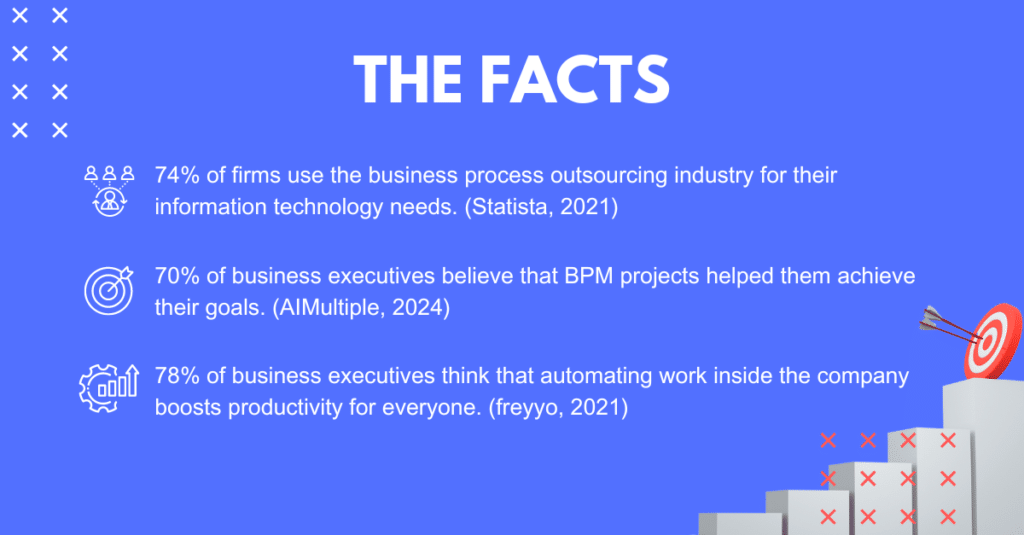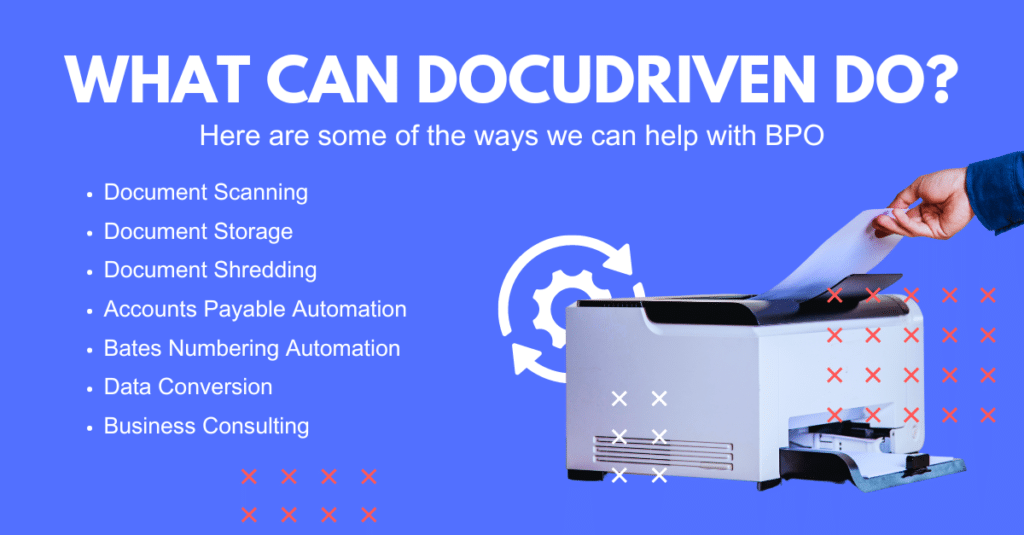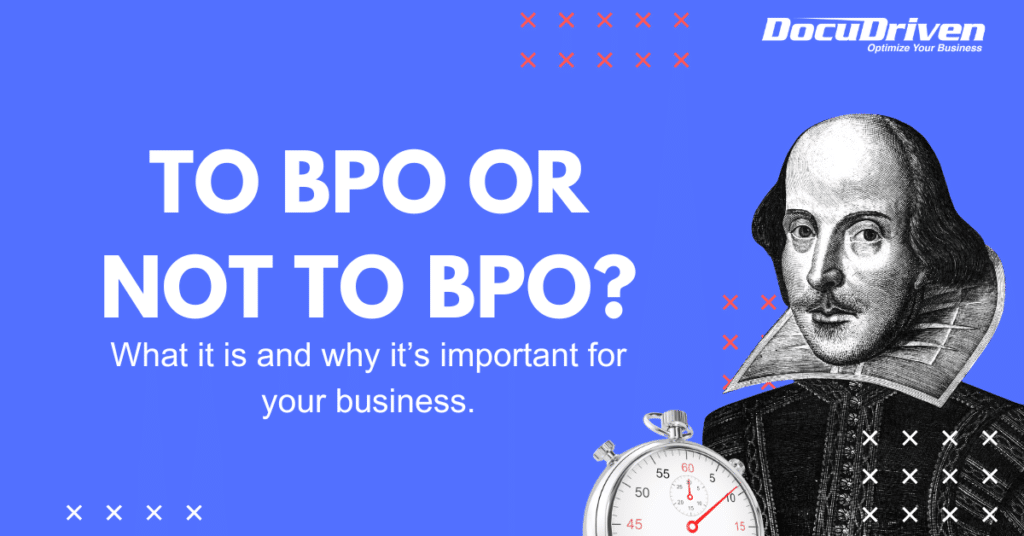Business Process Optimization (BPO)—an integral part of Business Process Management (BPM)—is the practice of taking a business’ existing processes and optimizing them to make them more efficient, enabling further beneficial processes to materialize.
But what exactly is a business process, and what differentiates productive practices from ineffective ones?
Business processes are repeatable tasks that accomplish specific daily goals. They are essential for organizing labor and enabling a company to operate smoothly. Successful business practices are comprehensive, employing a series of vital factors that include regular end-user training, great workplace culture (a topic for another time), alongside top management communication and internal support. In short, productive processes can be measured by the effort required to achieve a particular business goal.
An ineffective business process comprises poor communication, superfluous physical processes, and the use of outdated tools (such as too many paper forms or laggy software, again, a topic for another time). Ineffective business processes require effort that goes far beyond what is reasonable to meet a goal.
Business Process Optimization should not be confused with Business Process Outsourcing, though the two can coincide.

Business Process Optimization 🤝 Business Process Outsourcing
Business Process Outsourcing (also known as BPO) is when a business contracts an outside party to handle specific operational functions.
Though Business Process Optimization can be done internally, many businesses choose to outsource their processes to specialized companies and partners. There are two main areas where BPO can be deployed: back-office procedures, support operations (e.g., IT, accounting, HR), or front-office services (e.g., sales, marketing, customer relations). In either area, Business Process Outsourcing lowers costs and provides greater operational flexibility, improving productivity, and reallocating resources to gain advantages over competitors.
No matter how minor, it is always worth improving your processes, and outsourcing tasks can bring other priorities to the foreground.
A few points to consider when implementing Business Process Optimization/Outsourcing:
- Identify what issues need internal attention versus what can be outsourced.
- Conduct research, ask for suggestions, and set realistic goals.
- Analyze the list of processes to be outsourced or optimized according to their current function and the established goals.
- Implement new practices or reach out to companies for back-office or front-office support.
- Finally, monitor outsourced or optimized processes with progress reports and fine-tune when necessary.

Sources
https://www.forecast.app/blog/business-process-optimization
https://www.formassembly.com/blog/break-up-with-inefficient-work-processes/
https://www.investopedia.com/terms/b/business-process-outsourcing.asp




